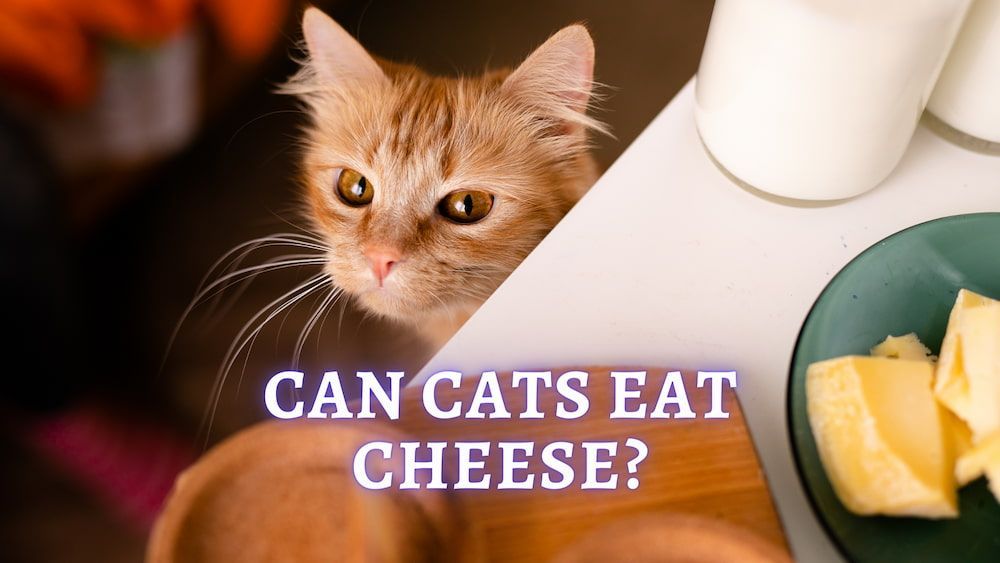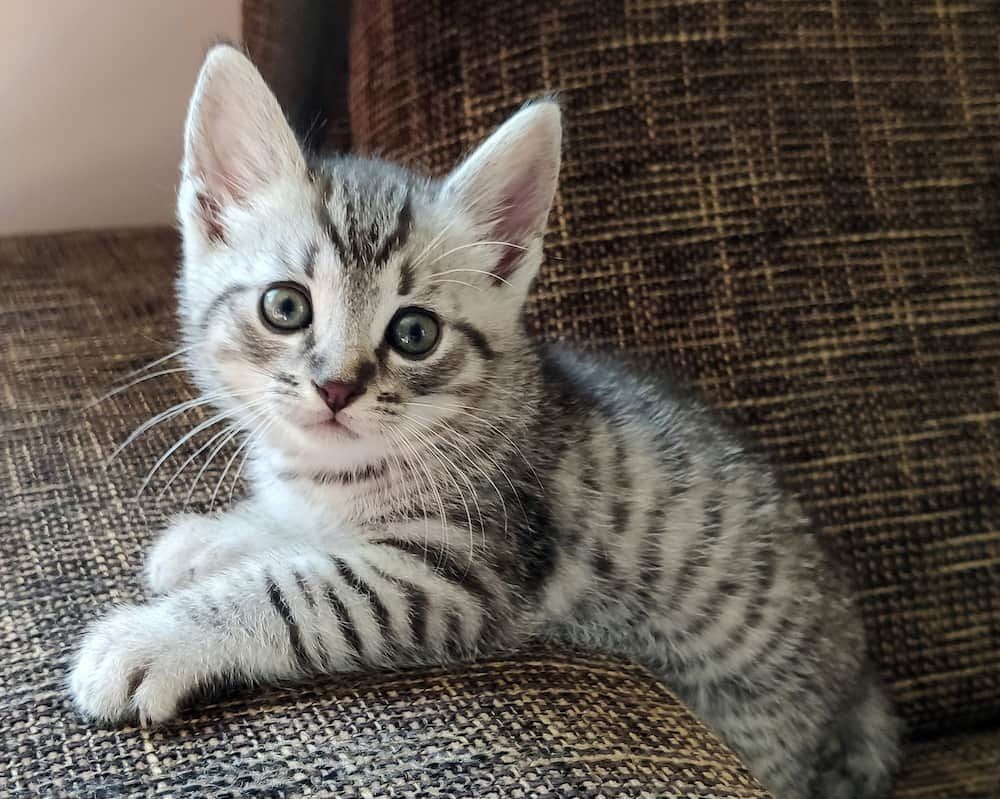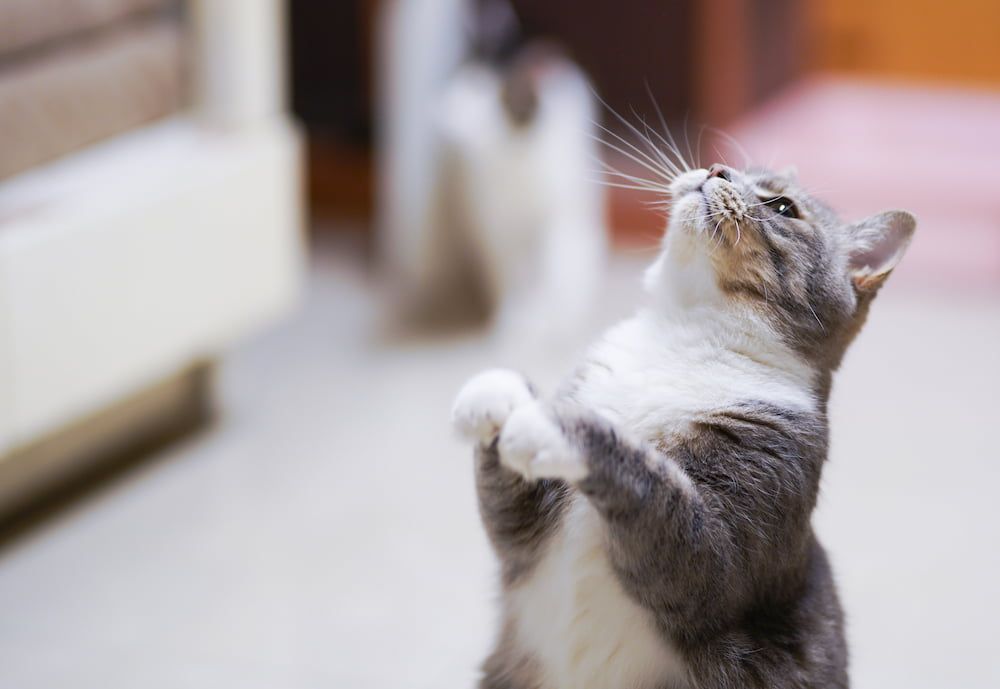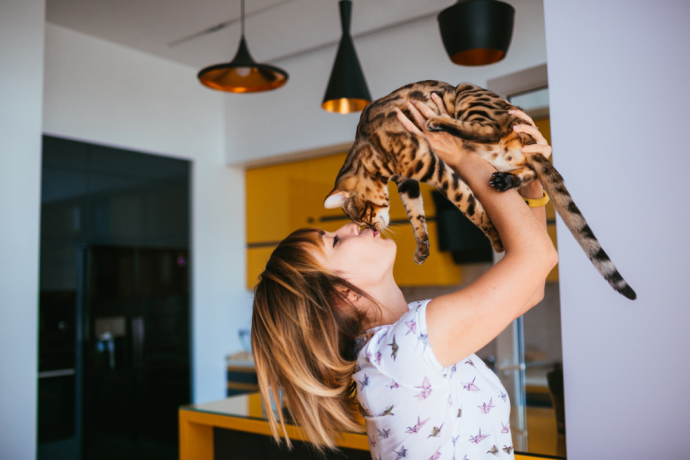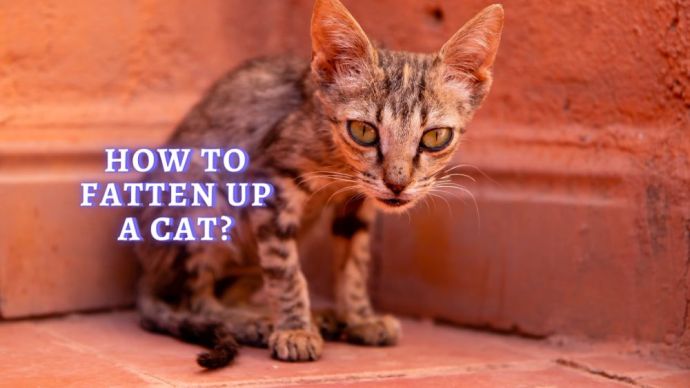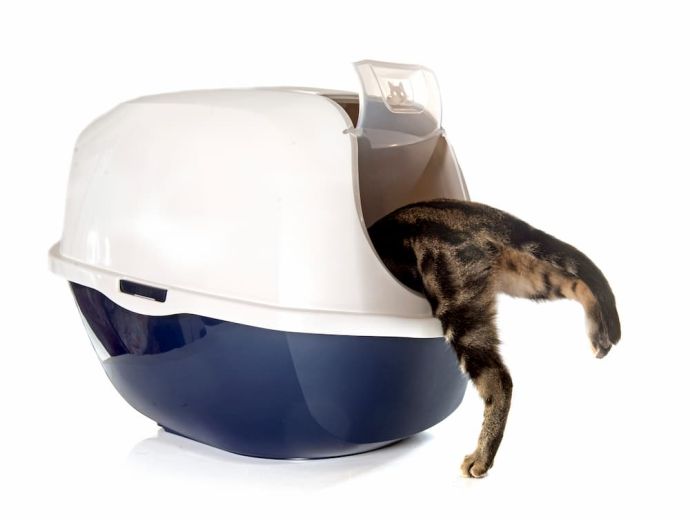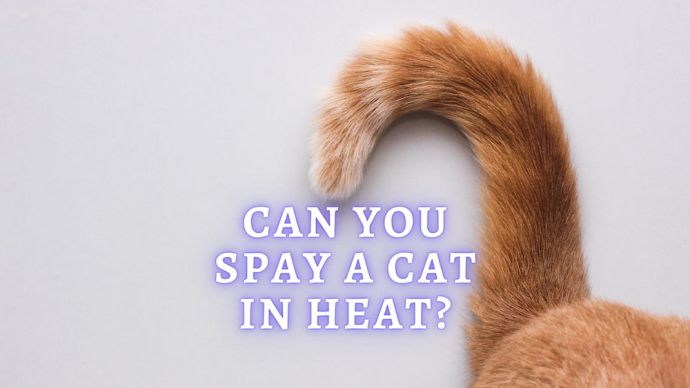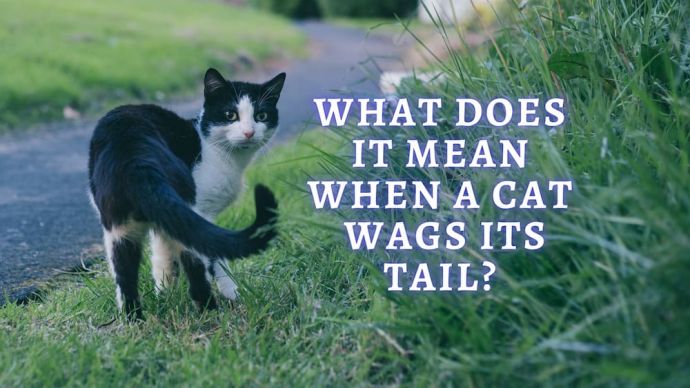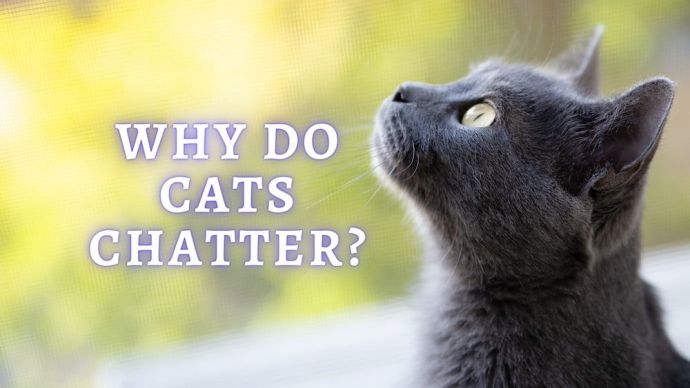Can Cats Eat Cheese? Is It Bad for Cats?
Written by:
Author: Marissa Prizio
Marissa Prizio attended the University of New Hampshire and earned a bachelor's degree in biomedical Animal Science. Marissa has always enjoyed writing; she was even mixing literature classes into her science major in college. During her writing career, she has edited eBooks, written for a variety of websites, and created audio-visual courses for sustainability.
View all 36 articlesLearn about our editorial process and veterinary review board.
Viewed: 129
Updated on: 12/22/2022
Most pet owners wonder, “Can cat eat cheese?” Media and wives’ tails may lead you to believe that dairy is suitable for pets, but you should think twice before allowing your feline friend to indulge in their obsession.
Is cheese good for cats?
Dairy products is not good for pets. Cats are obligate carnivores; this means eating meat is the primary, if not the only, way they have evolved to eat. [3] Most human foods, milk product included, do not agree with pets. Their digestive system is much different than ours, and what may be a tasty snack to us could be toxic to them.
Despite modern-day myths, it is best not to give pets a saucer of milk or a cube of this product. They are lactose intolerant, so it is a recipe for an intestinal upset. If adult kitty eats it, they are likely to experience inflammation, bloating, diarrhea, constipation, and vomiting. [1]
RELATED: Can Cats Eat Yogurt?
Is cheese good for kittens?
Adult pets no longer make the enzymes necessary to digest dairy products, but what about kittens? They still drink their mother’s milk, so can they digest thist? While a kitten’s stomach does have more dairy digesting enzymes, they are not geared towards digesting cow’s milk, and kittens who are still nursing should not have complex solid foods. [2]
When kittens are old enough to eat solid foods, they no longer have the enzymes needed to break down the lactose. This makes it more likely that when kittens eat milk product, they will also experience lactose intolerance. [2] [3]
READ MORE: Can Cats Eat Lasagna?
What types of cheese can they eat?
If your pet must eat milk product as a way of hiding medication or reinforcing good behavior, the best product to offer are those that are solid and do not contain mold. Good examples include cheddar and swiss product.
Solid product without mold tend to have less lactose, making them easier to digest than other milk product. Wet dairy products like cottage cheese will be higher in lactose and are more likely to cause symptoms associated with lactose intolerance. [1] Blue cheese and other dairy products with molds that are safe for humans may cause stomach upset in pets and should be avoided.
All of this talk about the inability to digest lactose may lead you to believe that non-dairy product is a good alternative for pets, but that can also be risky. Nondairy cheeses can be made from various materials, such as nuts, that are also not easily digestible or safe for pets. [2]
How to feed cheese to cats
Dairy products can be a tasty treat, but they can also be harmful, so if you want to feed this product to your pet, it should be done as an occasional treat. Feeding milk product to our feline friends is best done in small portions that are not given every day. If you find yourself adding milk product to cat food daily, it is likely too much and unnecessary as it doesn’t add any nutritional value to their diet.
It is important to remember that pets are much smaller than us, so a seemingly tiny portion of milk product could actually contain a majority of a pet’s daily caloric intake, sodium, and fat intake. Most sources recommend a piece of milk product that is no larger than dice to avoid excess calories that can lead to obesity and excess sodium that can contribute to kidney disease. [1]
READ MORE: What Can Cats Eat: Recommendations from a Vet
When is cheese bad for cats?
Since cats can’t digest dairy, milk product is almost always bad in a pet’s diet, especially if it is offered in excess amount. A lactose-intolerant pet is most likely to experience symptoms when they eat large portions of this product. [1]
All cats are at risk when it comes to moldy cheeses like blue cheese or unpasteurized cheeses like goat cheese. These products are more likely to contain enzymes and bacteria that don’t agree with a pet’s digestive tract.
FAQ
What happens if cats eat cheese?
If they eat cheese, there is a chance they will experience lactose intolerance or an allergic reaction. [4] Very small portions offered on special occasions may not cause any issues, but too much cheese can upset any chat’s digestive system.
What cheese is safe for cats?
If your cat must eat cheese, possibly for the sake of hiding medication, then small portions are best. Some cat treats have cheese-like tastes and smells without containing indigestible lactose, making them a great alternative. Cheeses low in lactose, like cheddar and swiss, can be safe for your cat’s digestive system, but only in very small portions.
Will cheese hurt cats?
Since your furry friend is likely to experience lactose intolerance, there is a good chance cheese will cause them discomfort. A healthy cat diet can be found in foods specially formulated to contain all the nutrients these obligate carnivores need. [3] Most cat foods do not contain cheese or even non dairy cheese, because non-meat-based foods are not a key part of a cat’s diet and can be difficult to digest.
Why do cats love cheese?
If your cat loves cheese it may be because it has a strong smell. Most cats are attracted to foods with strong or unique smells, and dairy products are no exception. It is also packed with some of a cat’s favorite nutrients, fat and protein. [2]
Article Sources:
- O’Brien, Christine. “Can Cats Eat Cheese?” Hills, hillspet.com/cat-care/nutrition-feeding/can-cats-eat-cheese.
- “Can Cats Eat Cheese?” Purina Pet Care, purina.co.uk/articles/cats/feeding/what-cats-eat/can-cats-eat-cheese.
- Llera, Ryan , and Ernest Ward. “Nutrition-Feeding-Guidelines-for-Cats.” VCA Animal Hospital, vcahospitals.com/know-your-pet/nutrition-feeding-guidelines-for-cats.
- Llera, Ryan, and Catherine Barnette. “Food Allergies in Cats.” VCA Animal Hospital, vcahospitals.com/know-your-pet/food-allergies-in-cats.
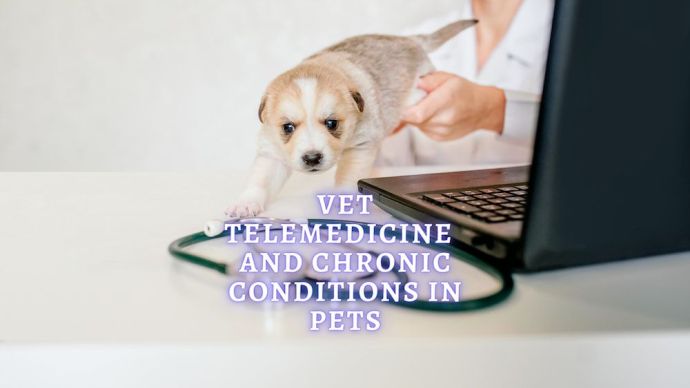 Cat Care Veterinary Telemedicine: How telemedicine can help manage chronic conditions in pets?
Cat Care Veterinary Telemedicine: How telemedicine can help manage chronic conditions in pets? - 568
- 0
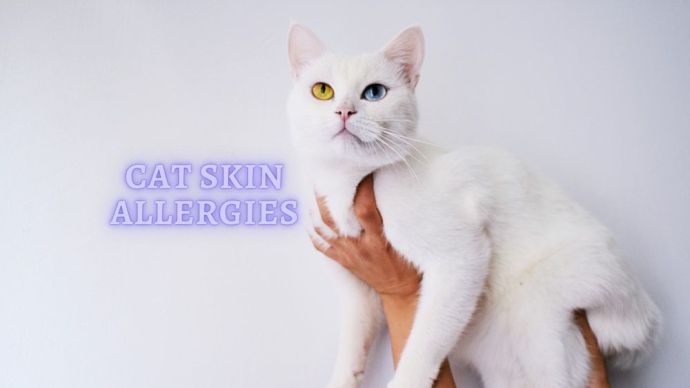 Cat Veterinary Tips Skin Allergies in Cats: Causes, Symptoms, and Treatment (Vet Advice)
Cat Veterinary Tips Skin Allergies in Cats: Causes, Symptoms, and Treatment (Vet Advice) - 542
- 0
 Cat Care Why Does My Cat Attack My Legs? 10 Reasons Why and What To Do About It (Vet-Approved Advice)
Cat Care Why Does My Cat Attack My Legs? 10 Reasons Why and What To Do About It (Vet-Approved Advice) - 46013
- 21
 Cat Veterinary Tips Cat Stomach Gurgling: Vet Advice on Why is Your Cat Stomach Gurgling?
Cat Veterinary Tips Cat Stomach Gurgling: Vet Advice on Why is Your Cat Stomach Gurgling? - 36469
- 4
 Cat Veterinary Tips My Cat Lost its Voice: Can Cats get Laryngitis? (Vet Advice)
Cat Veterinary Tips My Cat Lost its Voice: Can Cats get Laryngitis? (Vet Advice) - 23554
- 13









